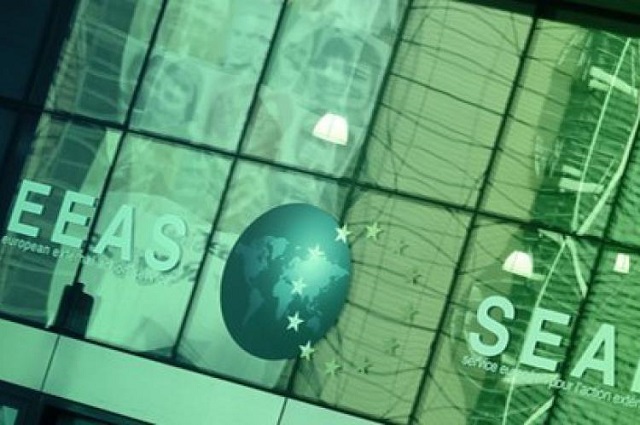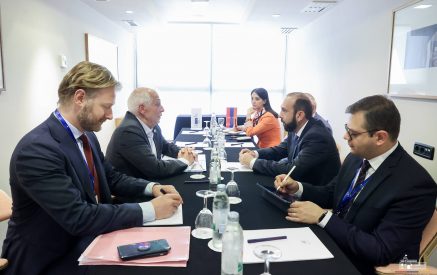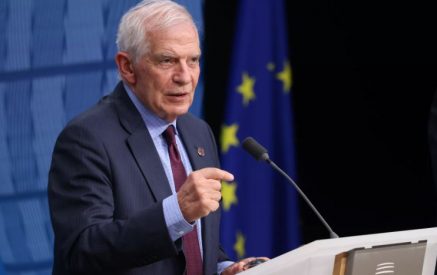As time flies by, the EEAS has been growing, and growing fast… even in difficult times, the global connection through its network of Delegations and partners around the world has been immense… and here we are now marking its 10th Birthday!
To mark this milestone the EEAS will be dressed in a new anniversary logo, and Tuesday 1 December 2020 will kick off a series of events, starting with ‘The EU in a changing world – Staying on course in troubled waters’, an online debate among the EU High Representative Josep Borrell and his predecessors Federica Mogherini and Javier Solana.
Born out of the Lisbon Treaty which was signed in 2007 and entered into force in late 2009, the European External Action Service was formally launched on 1 January 2011, the date which officially marks its anniversary.
The Treaty of Lisbon laid out the way the Service would be created:
Read also
“The organisation and functioning of the European External Action Service shall be established by a decision of the Council. The Council shall act on a proposal from the High Representative after consulting the European Parliament and after obtaining the consent of the Commission.”
The importance of the EEAS was also clear:
“It will help strengthen the European Union on the global stage, give it more profile, and enable it to project its interests and values more efficiently.”
The role of ‘High Representative for Common Foreign and Security Policy’ was created by the Treaty of Amsterdam, which entered into force in 1999. A decade later, the Treaty of Lisbon expanded the role, adding significant new responsibilities. Called from that point onwards the ‘High Representative of the Union for Foreign Affairs and Security Policy’, the post was also extended to include the role of ‘Vice-President of the Commission‘.
Josep Borrell Fontelles
Since 1st December 2019, Josep Borrell Fontelles from Spain has assumed the role of EU High Representative/Vice President (HR/VP). As the EU’s chief diplomat Borell is charged with shaping and carrying out the EU’s foreign and security policy – known as the “Common Foreign and Security Policy'” (CFSP) and the ‘Common Security and Defence Policy’ (CSDP).
His predecessors were:
Federica Mogherini
2014-2019: High Representative of the Union for Foreign Affairs & Security Policy/Vice-President of the European Commission. Italy’s Federica Mogherini was the second HR/VP to be appointed.
Catherine Ashton
2009-2014: High Representative of the Union for Foreign Affairs & Security Policy/Vice-President of the European Commission. The role was created under the Lisbon Treaty and the UK’s Catherine Ashton was the first HR/VP to be appointed under the new Treaty.
Javier Solana
1999-2009: High Representative for the Common Foreign and Security Policy, Secretary General of the Council of the European Union. The role was created under the Treaty of Amsterdam and Spain’s Javier Solana was appointed to this post by the European Council.
Ten years on, during a year of global crisis, three of these four High Representatives will reunite in an online discussion: ‘The EU in a changing world – Staying on course in troubled waters.’ The EU willing to speak ‘the language of power’, working with others but going it alone when needed, and EU’s role as mediator in international conflicts, will be among the guiding topics of this discussion.
- How has the European Union’s foreign policy evolved in the last years?
- What have been the main achievements?
- What are the biggest opportunities and the main challenges for the EU in a rapidly changing landscape?
European Union




























































